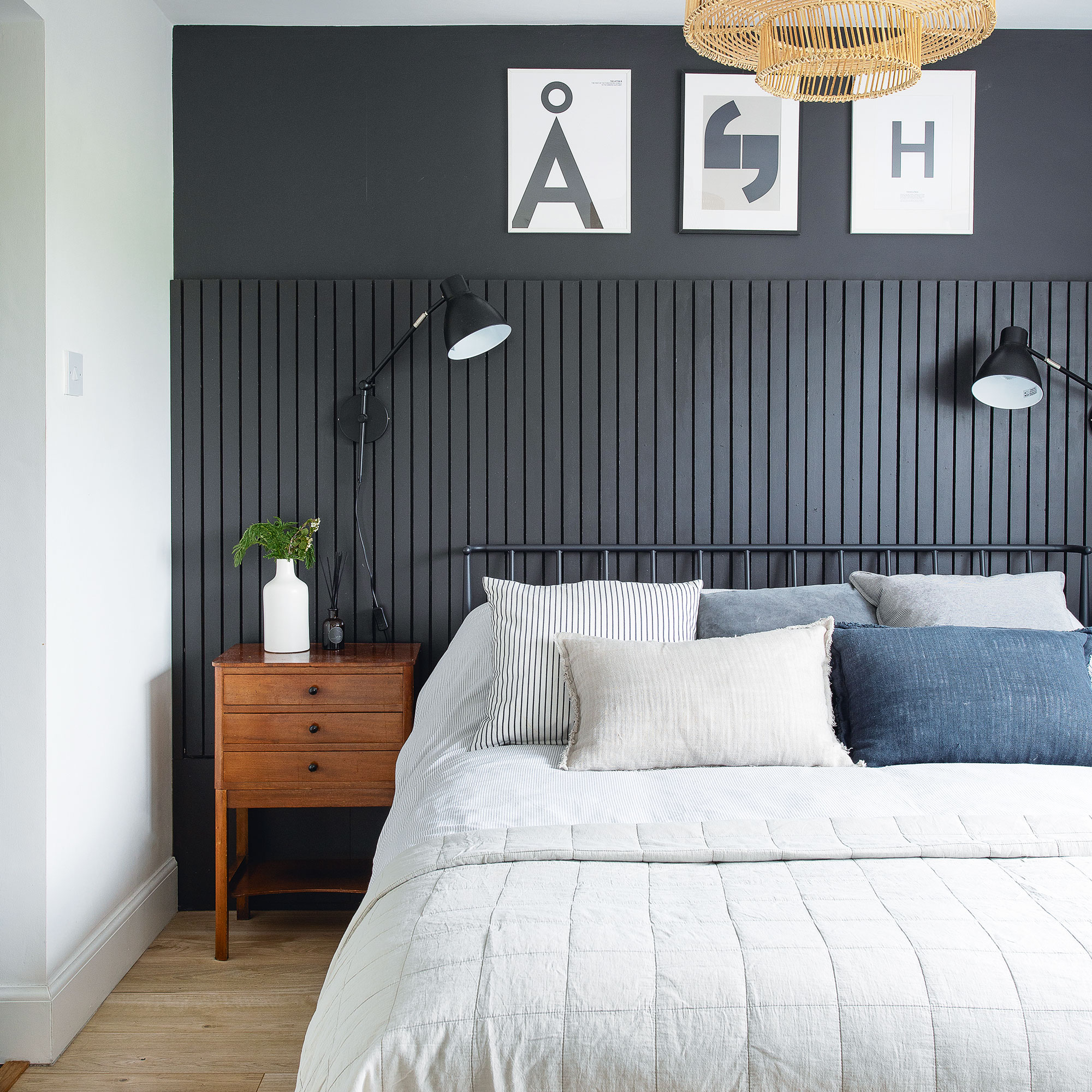
Thinking about painting your bedroom anytime soon? Or maybe you’ve just painted yours and it didn’t quite turn out the way that you had hoped it would. Well, there are several mistakes that you could potentially be making in your bedroom when it comes to its colour.
Choosing a bedroom colour scheme or settling on bedroom paint ideas will all be a matter of personal preference. However, there are a few considerations that design experts want you to bear in mind.
Whether you realise it or not, ‘colours can have a huge impact on how we feel, so from the moment you wake up the colours you see can play a huge part on our mood,’ reveals Tash Bradley, Lick’s Director of Interior Design.
So, if you’re renovating your bedroom or want to give its colour a quick update, these are the bedroom colour mistakes you need to be cautious not to fall for.
Bedroom colour mistakes
Firstly, it’s important to think about what kind of atmosphere or aesthetic you’re looking to achieve in your bedroom. Do you want it to be soothing and relaxing? Or maybe you’d prefer a snug and cosy bedroom idea. Take the time to confirm this before jumping straight in.
1. Not using paint testers properly
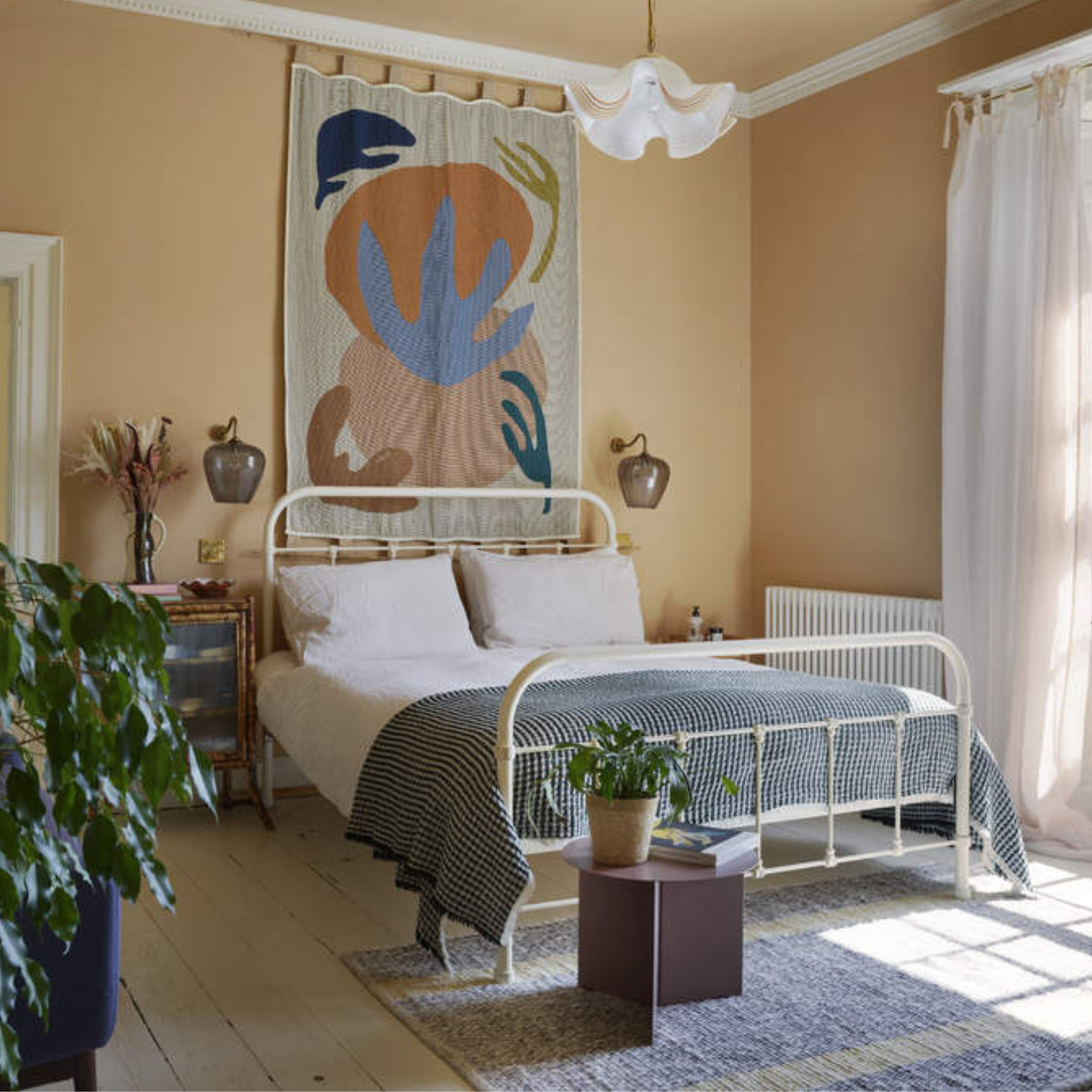
This may seem like common sense but before you commit to painting an entire room always use a paint tester, try it on different walls and in different lights to make sure you choose the perfect paint colour.
‘While a paint card can give you a rough idea of the colour they aren’t an exact match,’ reveals Grazzie Wilson, Head of Creative at Ca’ Pietra and Proper Good Paint. ‘Test samples will give you a true idea of the colour in situ.’
Given that paint samples and testers are relatively inexpensive or even free, depending on the retailer, it’s worth trying before you invest in several tins or start painting, only to realise that it doesn’t look quite like it does in the tin once applied to your walls.
‘Also, don’t just paint one small patch when testing the paint,’ says Grazzie. ‘Trail it on the wall with the window - as this will be the darkest in the room – on the wall opposite the window, on floor level and also under any lights. This will help you to decide if it is the colour for you.’
2. Choosing the wrong undertones

No two colours are exactly the same, for example, if you've decided on a blue bedroom idea and gone shopping for blue paint you may have found yourself overwhelmed by the different choices. But it’s important to take into consideration the different tones of colour before you start decorating.
‘A blue with grey undertones may feel cold while one with green or purple undertones can feel warm. If you don’t understand what type you have, you could end up creating the opposite effect to the one you were aiming for,’ warns MyJobQuote.co.uk’s Interior Design Expert, Ryan McDonough.
3. Not having a link between colours
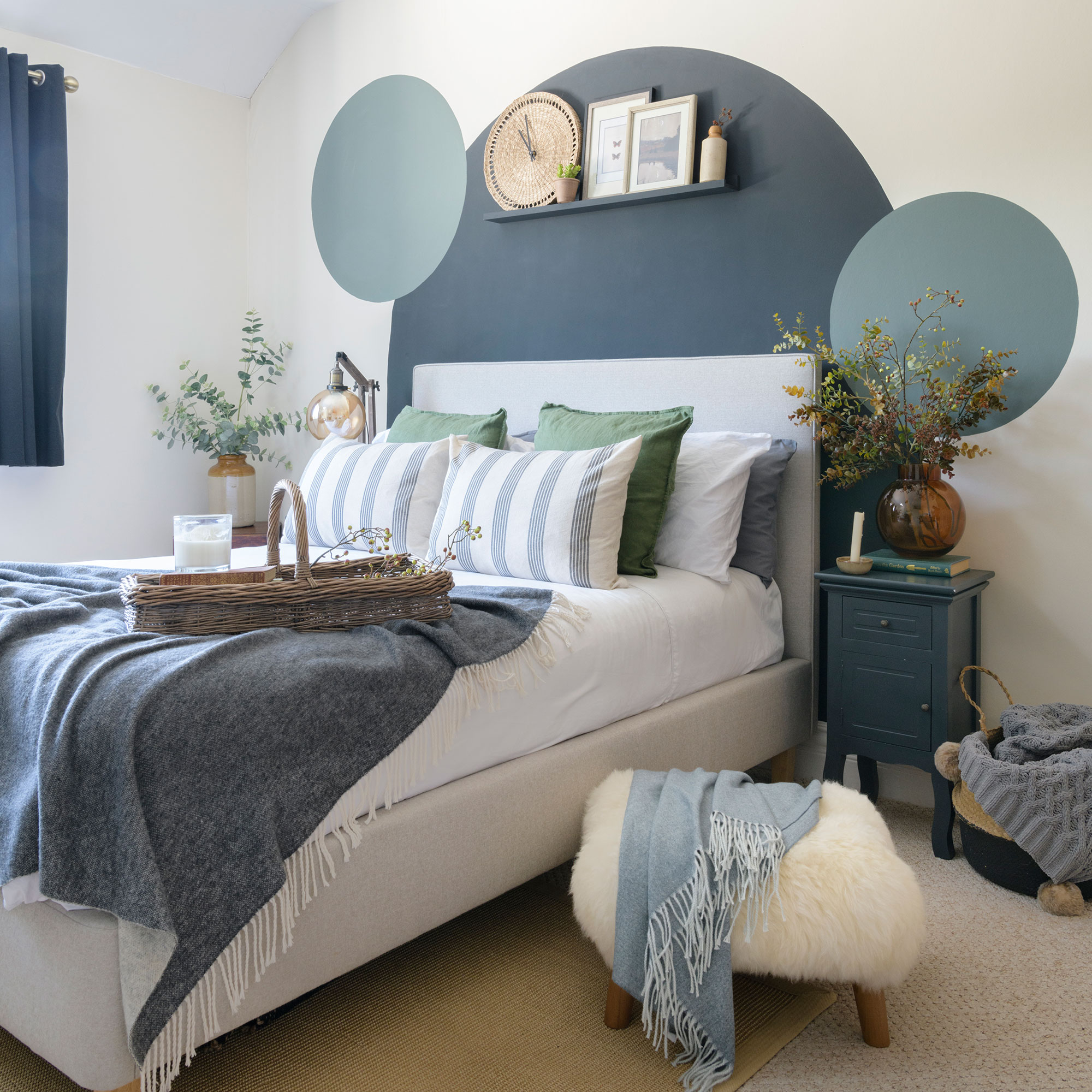
If you’re thinking about embracing a particular colour palette, say a variety of warm shades, not having a cohesive link between them can become a bit distracting and even make your bedroom look cluttered. This is because your eye will be drawn in several different directions when you step through your bedroom door.
Daniel Prendergast, Managing Director at The Rug Seller, has a couple of top tips when it comes to choosing cohesive shades. ‘My advice is to pick three colours for your palette and then use different shades and tones of these colours to add depth and interest. This means that your final design will sit together cohesively without looking overcrowded,’ he explains. ‘Just be clear on your colour palette and make sure that they all harmonise together without looking too busy.’
4. Selecting a colour that is overstimulating
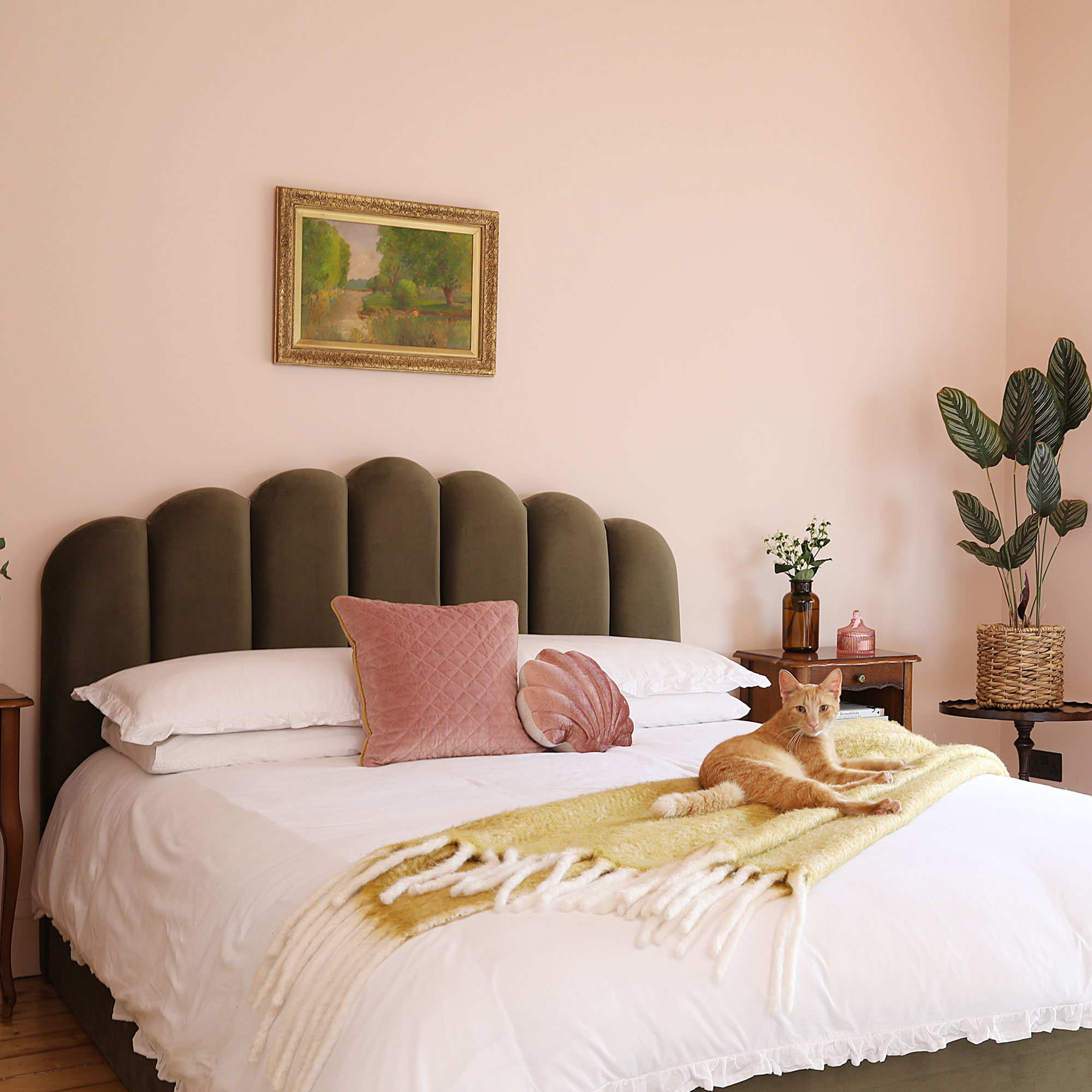
‘Dopamine decorating may be a huge interiors trend but avoid going too bright in your bedroom if you want a good night’s sleep,’ warns Lucy Mather, Interiors Expert at Arighi Bianchi.
‘At scale some shades such as vivid red, orange, neons, bold blues and greens are just too overstimulating for this space. You may find it hard to unwind and relax if you opt for overuse of these colours in the bedroom,' Lucy adds.
Instead, 'choose tones and a colour palette that you gravitate towards, which feel soothing, relaxing and uplifting,' says award-winning Interior Designer Matthew Williamson.
5. Picking a completely dark colour scheme
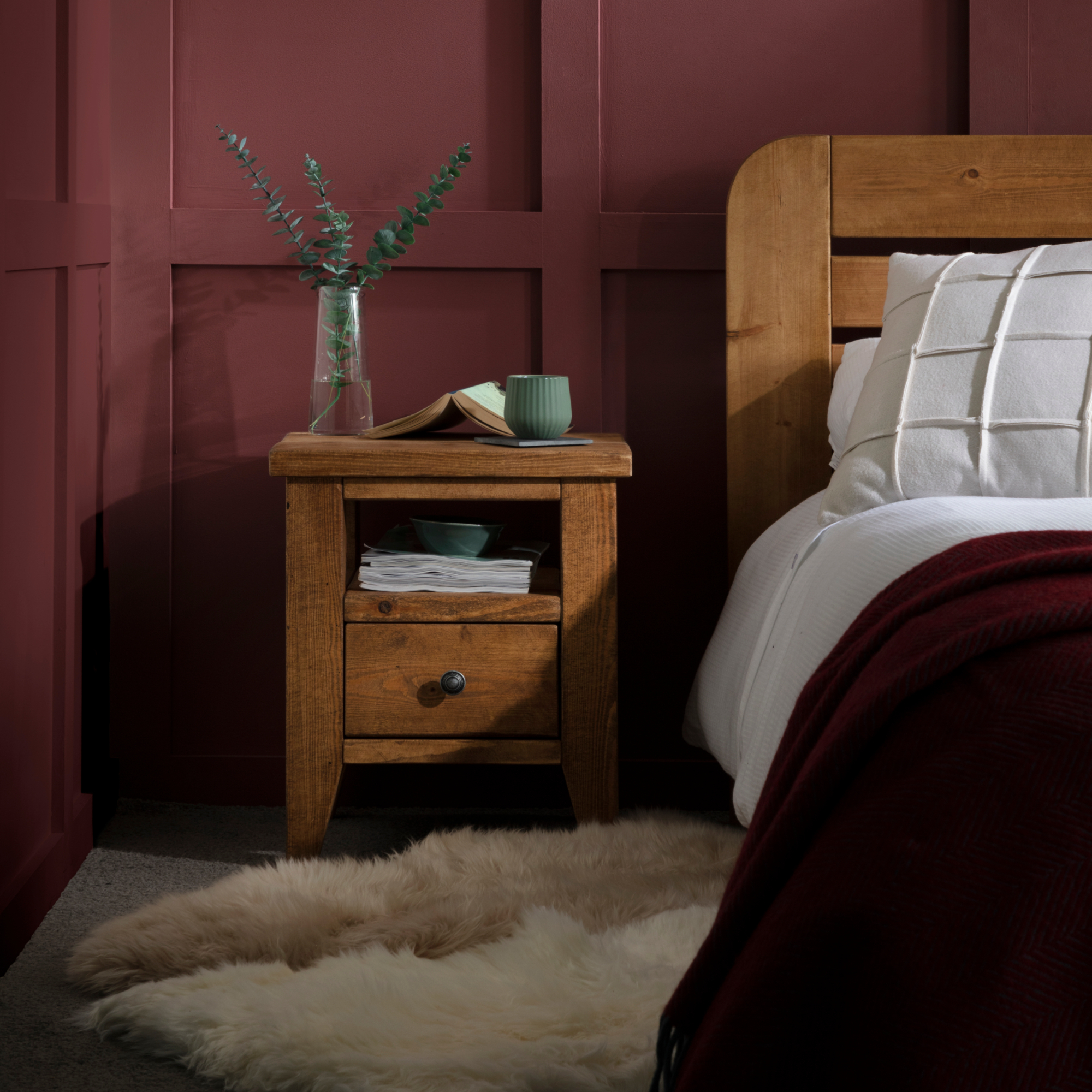
‘Colour drenching in dark, dramatic shades has been really popular in recent years but an all over dark colour palette could end up looking a bit gloomy,’ warns Megan Baker, Head of Design at MyFittedBedroom.com.
If your bedroom has lots of natural light then this can help to avoid the gloom of a darker hue, just be aware they can make a bedroom look smaller. 'Dark colours on walls and furniture can absorb light, creating a closed-in atmosphere,’ Chloe advises. So, it might be worth incorporating darker colours in the form of accessories or a statement piece, while keeping the overall room lighter and brighter.
6. Going all in on a trend
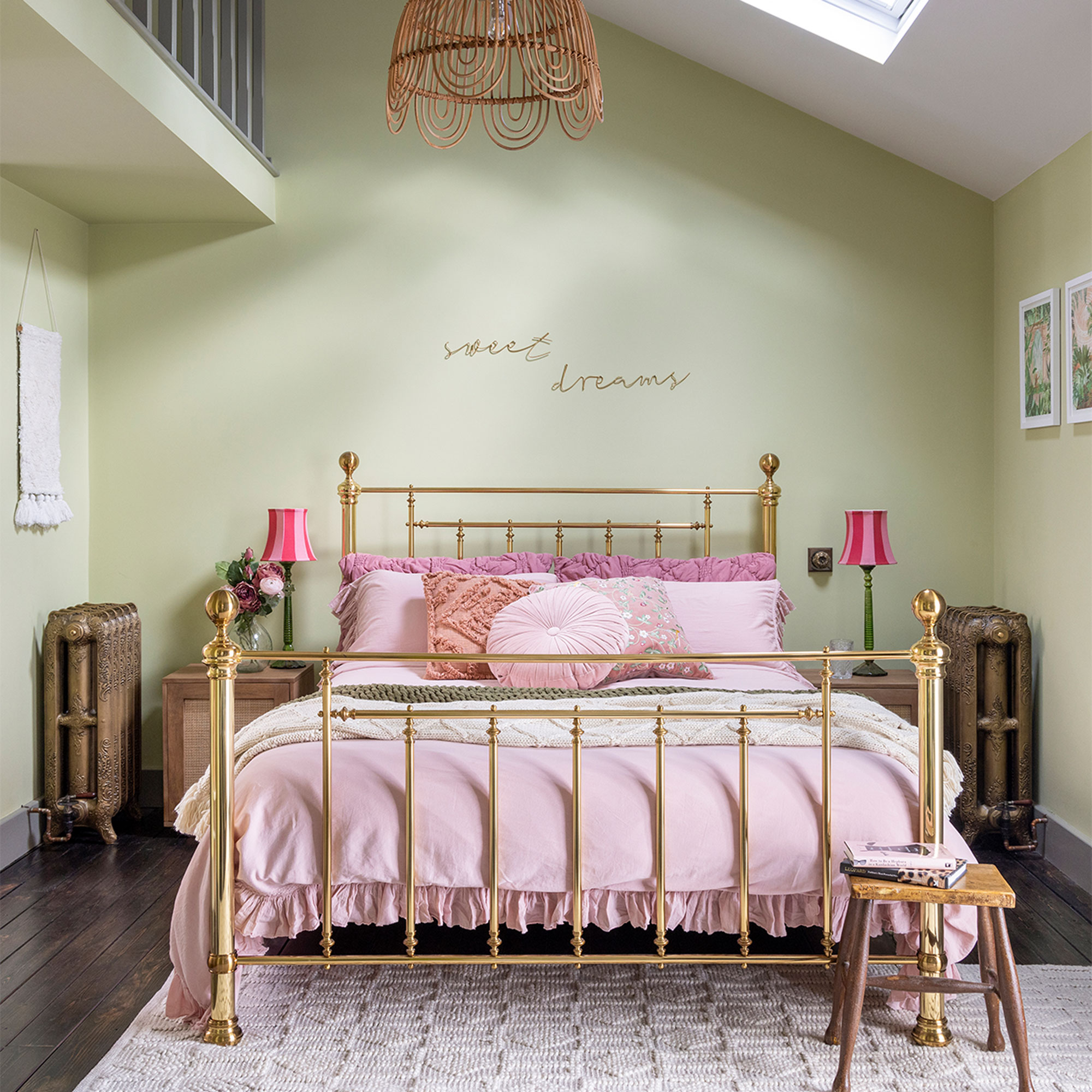
Thanks to social media platforms such as TikTok and Instagram, there is almost a never-ending array of new home decor trends at any one moment. While they are great for getting inspiration and adding personality to your home, you may want to stop and reflect before decking out an entire room in a particularly trendy colour.
‘For example, if you’re a fan of Pantone’s Peach Fuzz, why not choose a rug or throw which incorporates this uplifting shade,’ Lucy suggests. ‘These are also items that you can move into other rooms in your home if you decide to switch things up in the bedroom.’
So, you may want to rethink immediately picking up a paintbrush and painting every wall in your bedroom the latest colour, particularly if you only thought about doing it because it was on-trend.
7. Not making it personal
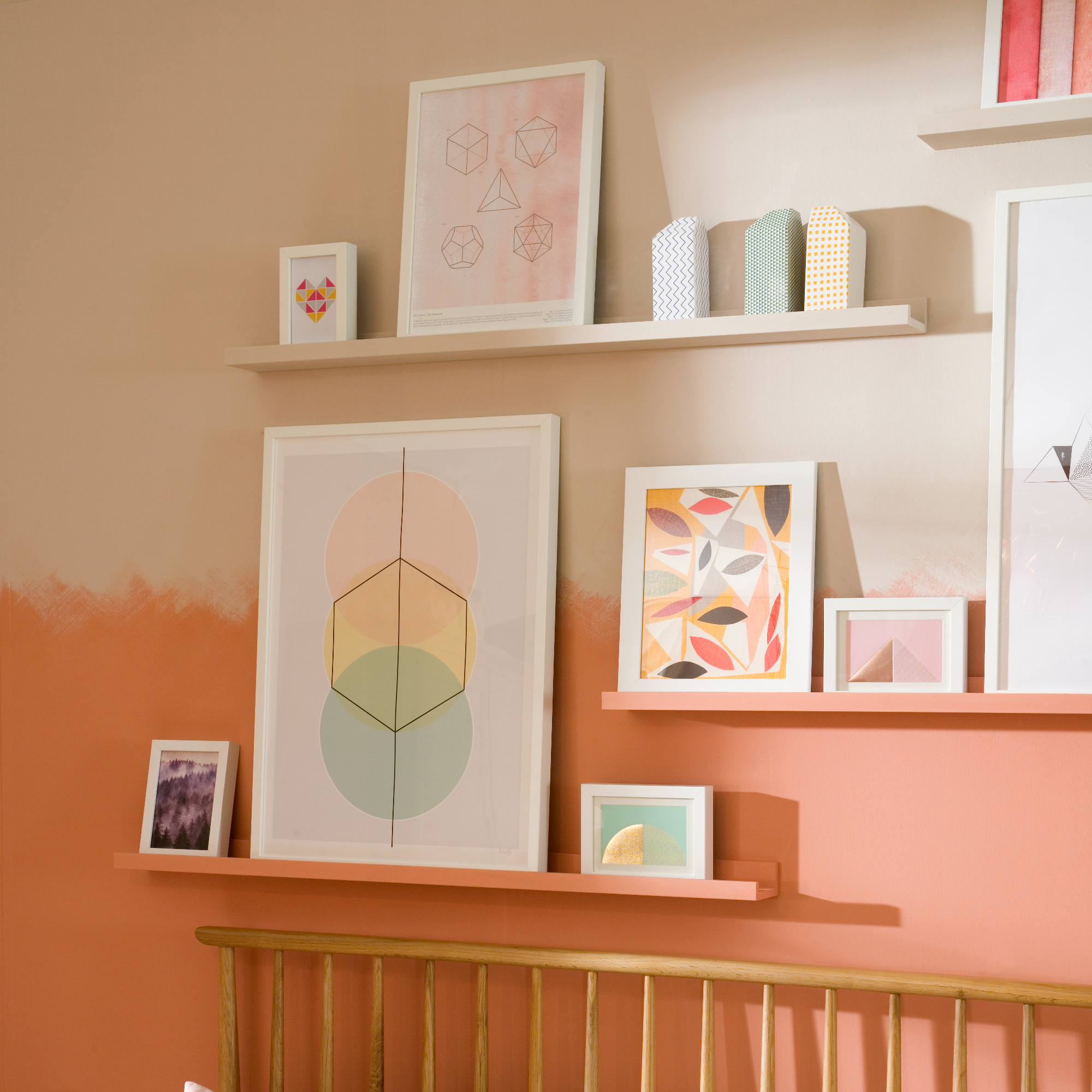
You can let your personality shine when it comes to bedroom design, this is your inner sanctum that no one else has to see or gets to have an opinion on.
‘Don’t shy away from using colour to get that across and make the space truly yours,’ Ryan advises. ‘If bold, rich colours feel too much for the walls, use them elsewhere. Artwork, bedding, curtains and rugs are great for adding a bit more vibrancy or quirkiness and they’re easy to tone up or down to suit your mood.’
‘If you love pink, then go for it. Have a pink bedroom,’ Megan urges.
FAQs
What impact does natural light have on a paint colour?
‘Paint colour will change in every lighting situation - natural or artificial,’ reveals Rob Abrahams, Co-Founder & CEO of COAT Paints.
‘It is important to establish the direction your room faces in order to identify the type of light entering your bedroom,’ Margaret explains. ‘Natural light can definitely have a big impact on how the colour of your room is perceived,’ so you’ll want to take the time to work this out before you pick up a paintbrush.
‘North-facing rooms are home to virtually no direct light, which can provide cool tones within a bedroom. It is, therefore, best to avoid extremely cool-toned colours, like blue and grey, as they can often appear drab and dull,’ Margaret concludes.
South-facing rooms, on the other hand, can generally benefit from warm or cool tones.
Are there any colours which should actively be avoided in a bedroom?
‘Colours such as red, violet, and pink don’t tend to be recommended for bedrooms as they are associated with high energy activities,’ suggests Brian Dillon, Interior Expert at Crafted Beds. ‘This colour is perfect for a home office or a studio space in which you need to be productive, but a red bedroom could leave your to-do list at the forefront of your mind whilst you’re trying to rest.’
‘Shades of yellows and reds are often counterintuitive to sleep as they’re naturally energising, creative and exciting colours,’ Rob concurs.
If you’re looking to bring a touch of red into your bedroom, ‘sticking to rust and terracotta shades could be the perfect solution,’ according to Grazzie.






